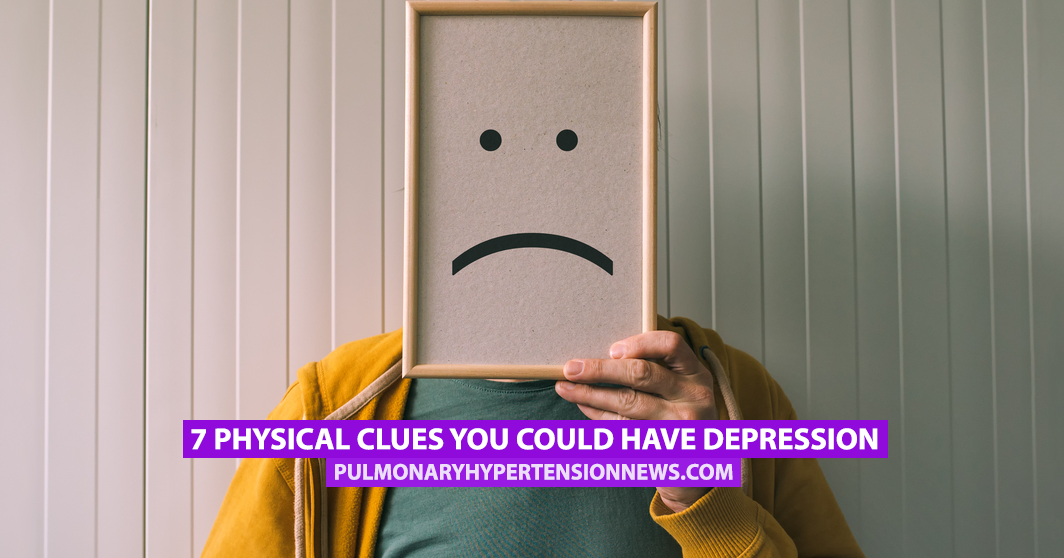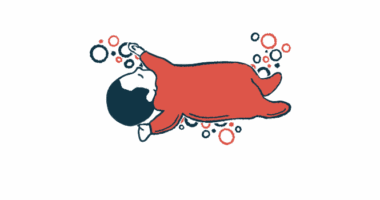7 Physical Clues You Could Have Depression

Many people who suffer from chronic illnesses also suffer from depression. Depression isn’t something that should be overlooked; it should be brought to your doctor’s attention so that it can be treated. But how do you spot depression? With help from prevention.com, we’ve put together a list of some of the most common physical signs that someone is suffering from depression.
Aches and Pains
Although many chronic illnesses have their share of aches and pains, depression can also make muscles and joints feel sore or exacerbate the problem. People who are happy or content generally feel pain less than those who have depression.
Difficulty Sleeping or Waking Through the Night
Not being able to relax enough to fall asleep or frequently waking up during the night and finding it difficult to go back to sleep could both be signs of depression. Lack of sleep or disturbed sleep can have a profound effect on mood and the ability to concentrate.
Changes in Weight
Loss of appetite or comfort eating are both associated with depression, but you may not realize you have either until you step on the scale and notice a difference. In addition, if you’re not sleeping well because you’re anxious or depressed, this can also mess with your appetite leading to weight loss or gain.
RELATED: How to manage the different types of pulmonary hypertension.
Skin Complaints
Because depression affects hormones, this often becomes apparent in our skin. Depression can lead to skin complaints like acne, psoriasis, and eczema and treating the depression can help with the skin complaint.
Stomach Problems
Mood definitely affects the gut, and people with depression may suffer from symptoms like nausea, constipation, diarrhea, heartburn and indigestion.
Headaches and Migraines
People with depression are more likely to experience frequent headaches or migraines. Although this could also be a side effect of medication or treatments you take for your chronic illness.
Oral Problems
Dentists in Australia have found people with depression are more likely to need dental work such as tooth extractions and cavities than those who don’t. The thought behind this is that if you’re depressed, you’re less likely to be as diligent about oral health.
RELATED: A study find international diagnosis and management of CTEPH is inadequate.
Pulmonary Hypertension News is strictly a news and information website about the disease. It does not provide medical advice, diagnosis or treatment. This content is not intended to be a substitute for professional medical advice, diagnosis, or treatment. Always seek the advice of your physician or other qualified health provider with any questions you may have regarding a medical condition. Never disregard professional medical advice or delay in seeking it because of something you have read on this website.







